Advanced Organizational Behavior: Workplace Ethics and HR Issues
VerifiedAdded on 2022/08/25
|5
|845
|25
Homework Assignment
AI Summary
This homework assignment delves into the detrimental effects of the 24-hour workplace, evaluating its impact on employee health, work-life balance, and overall wellbeing. The student addresses five key questions based on the provided case study, "The 24-Hour Workplace Is Harmful." The answers cover the downsides of a 24-hour work environment, the ethical implications of such practices, and the role of employers in promoting employee wellbeing. The assignment analyzes how HR managers can identify and resolve issues using a rational decision-making model, including the use of surveys and alternative strategies. It also identifies and explains cognitive biases like confirmation bias, authority bias, framing bias, and action bias, which can affect decision-making. Finally, the assignment recommends practical activities for organizations to improve work-life balance, such as flexible leave policies and fostering a healthy work environment. The student utilizes research and provides citations to support their arguments.
1 out of 5
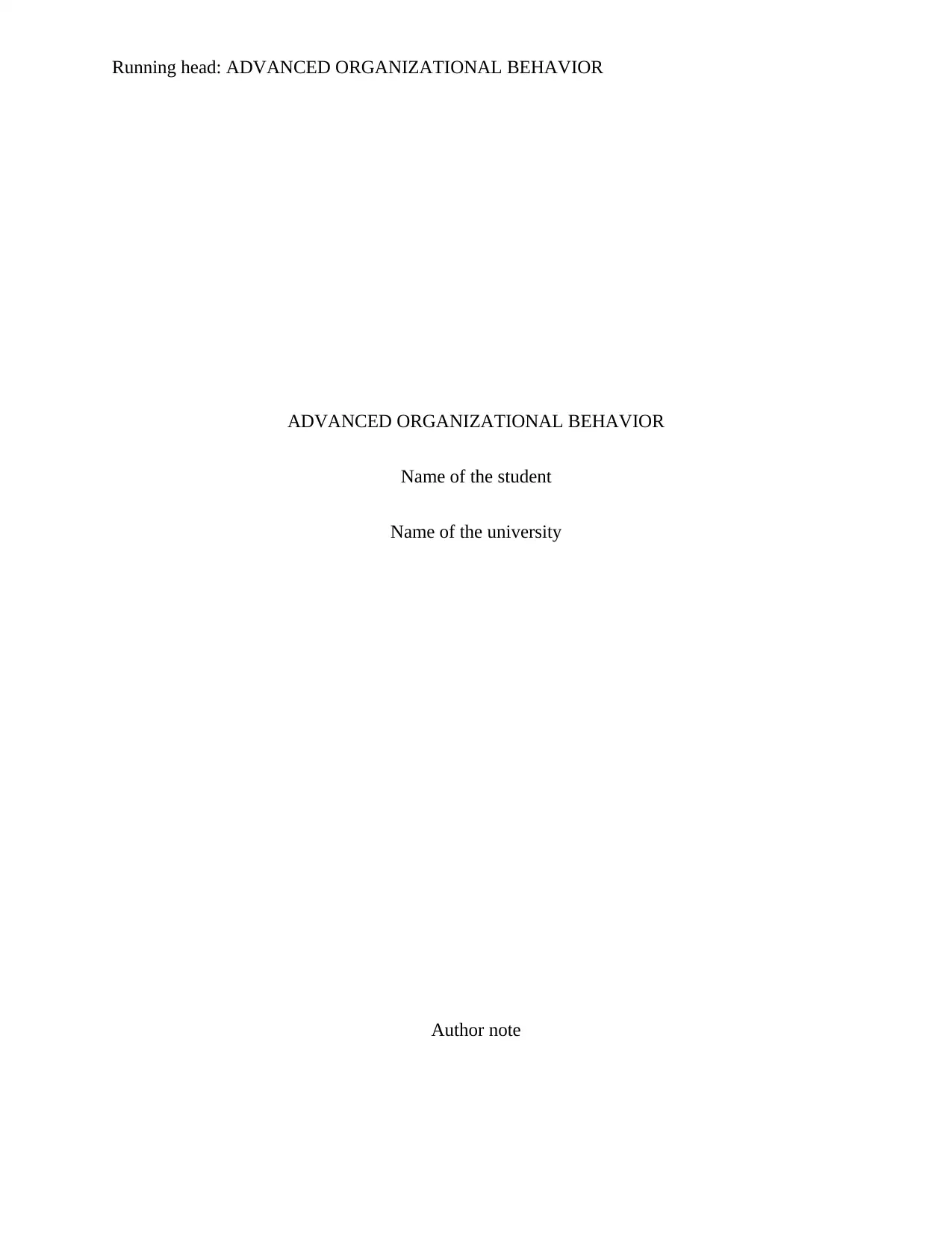
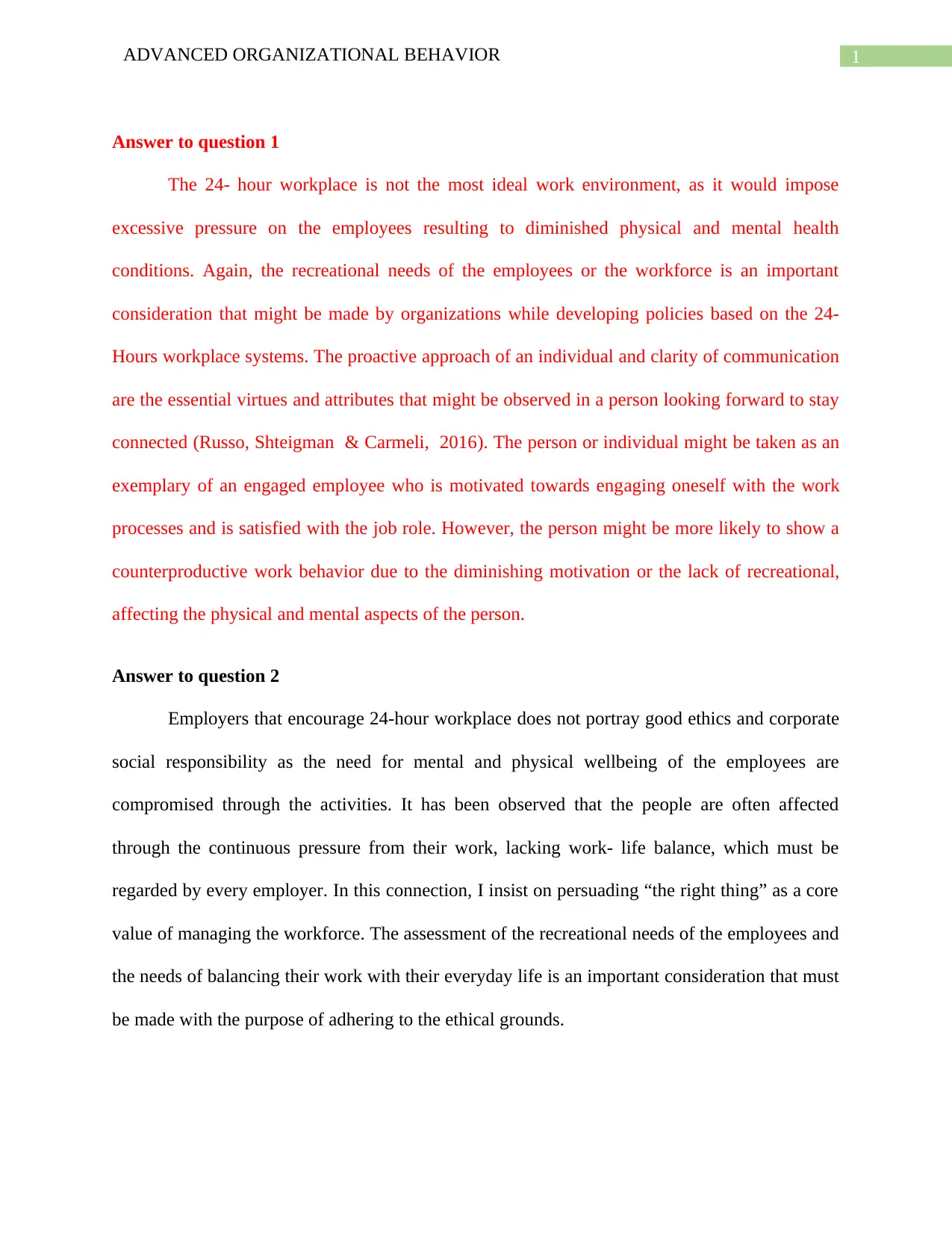
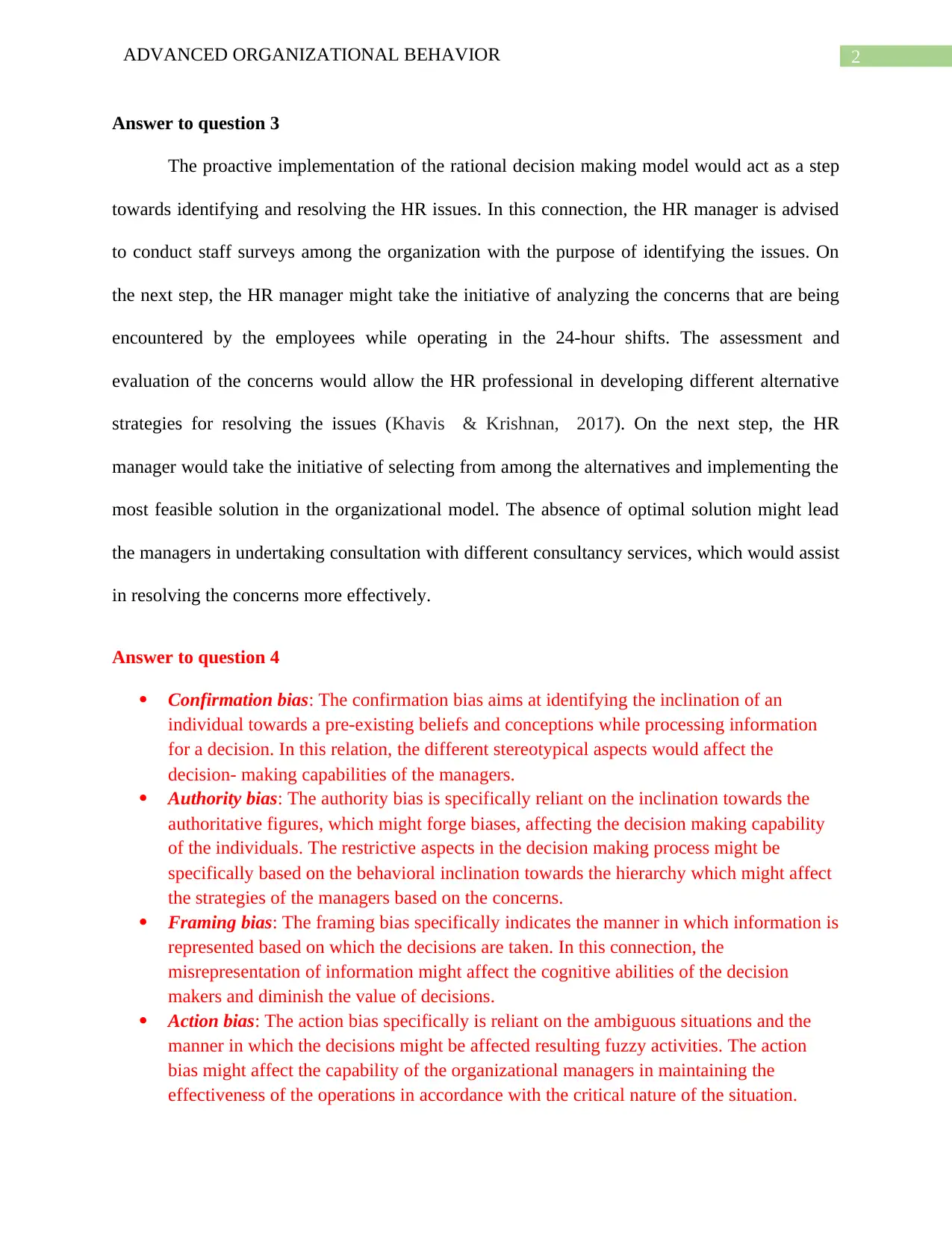

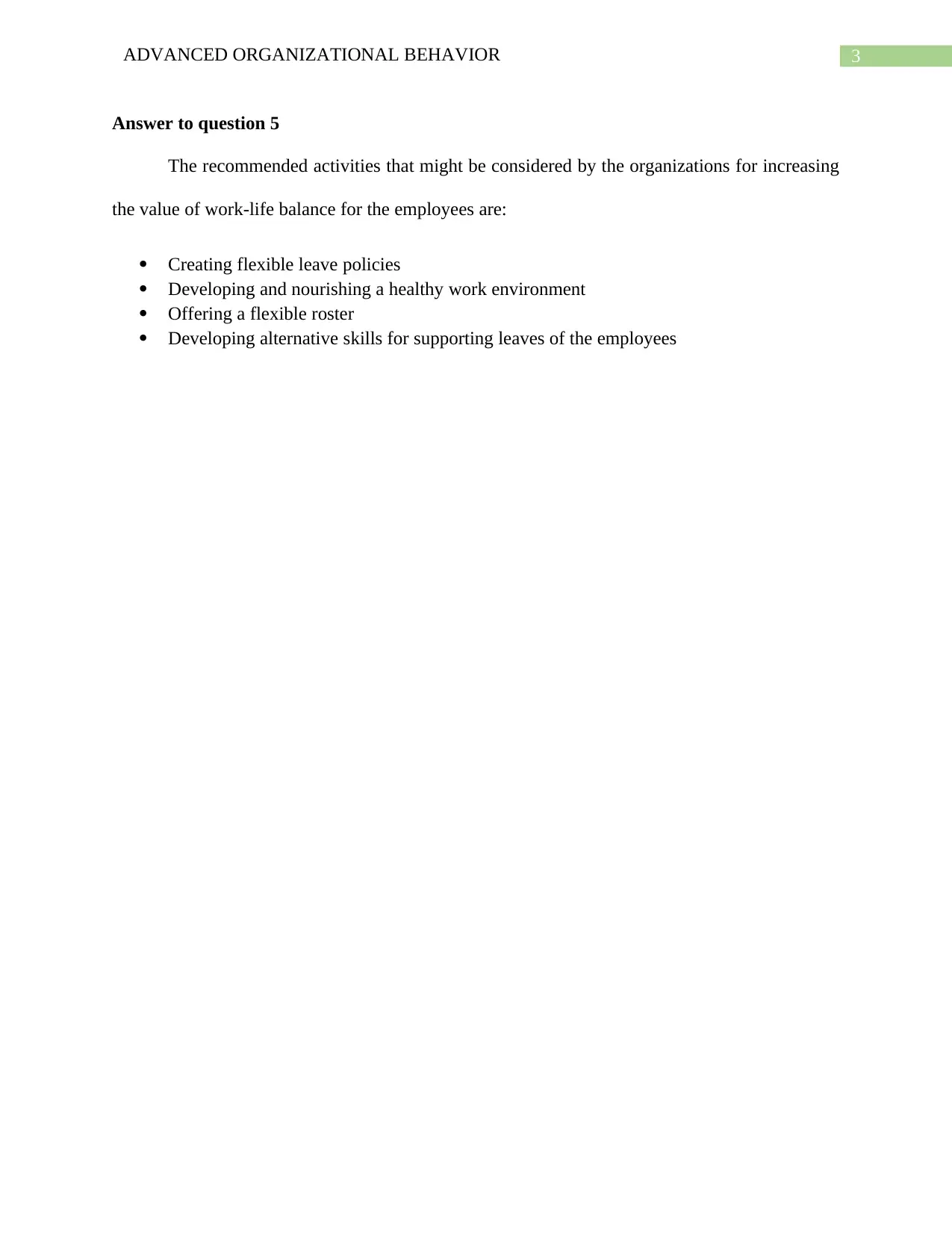
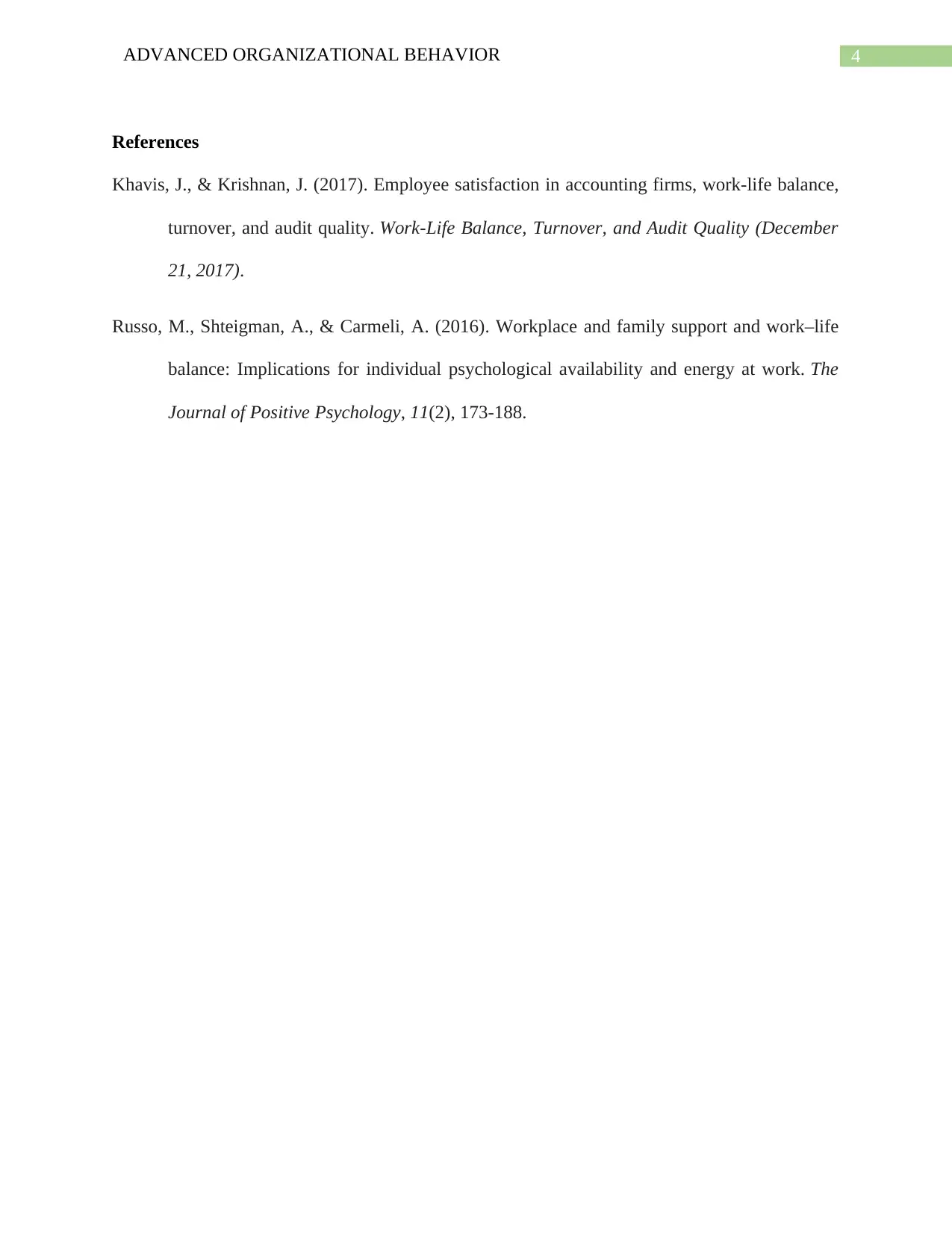






![[object Object]](/_next/static/media/star-bottom.7253800d.svg)